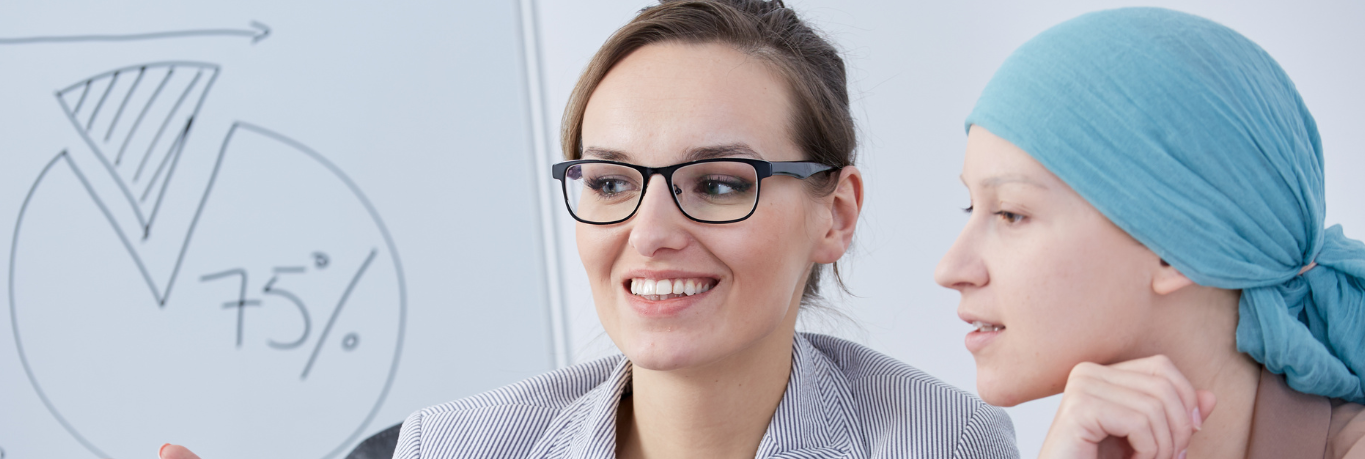Sonya Lovell is a menopause campaigner, host of the podcast Dear Menopause and MFA Team Member. She spoke to Menopause Friendly Australia’s Grace Molloy about her own experience of induced menopause and what she’d like to see in terms of support for those going through this.
Grace Molloy: Tell us about your menopause and what inspired you to become a campaigner.
Sonya Lovell: Six years ago when I was 47 I was diagnosed with breast cancer. Although I was in my perimenopausal years, I had no indication of this, or symptoms. My oncologist had mentioned that it was likely chemotherapy would put me into medically induced menopause, but it didn’t really resonate. I was so busy thinking about my diagnosis, my children and my treatment. I had surgery, and my last natural period was between my surgery and my chemotherapy.
I was dealing with a lot from the treatments, which also included radiotherapy. But then there were underlying symptoms I couldn’t pinpoint. Unfortunately, my long-time GP had retired and I had to find a new practitioner. I’d been given antidepressants to tackle my hot flushes and night sweats, which had never sat comfortably as I would have preferred a holistic approach. I needed the chemotherapy to basically keep me alive, but I do wish I’d been encouraged with more of a balance between medical and complementary approaches afterwards.
As well as the sweats, I was struggling with brain fog, and losing words. It was mortifying. I also had a lot of joint pain and was very moody. I spoke with my new GP and explained I’d like to come off the antidepressants and see what I felt like. Her reaction was that the medication needed to be upped. I found another GP who did help me come off the antidepressants, weaning me off carefully.
Grace Molloy: It sounds like you didn’t get the support you needed?
Sonya Lovell: My experience of menopause and its symptoms was quite traumatic. I had to do my own research to see which symptoms were menopause related and which were due to my cancer treatment. I didn’t really get a lot of support from my oncologist or GP in this respect. I had to become my own advocate, which has led me to where I am today.
Grace Molloy: Looking back, what would have made your journey easier?
Sonya Lovell: There’s a huge gap in care for women who go through surgically or medically induced menopause when they leave the care of their specialist surgeon or oncologist. I think there needs to be a menopause specialist to fill that gap. What would have been supportive for me would be someone who could pick up the role of education, to say ‘that part of treatment is finished, how are you feeling, what are you struggling with, how can we get you the best care?’ Essentially, to remove the onus on the patient to become a detective. I’m lucky, I’m a smart literate woman, I have options and financial security. Not everyone has that but we shouldn’t have to in order to get the care we need.
Grace Molloy: Do you have any advice for women who’ve been through this?
Sonya Lovell: After cancer treatment, you’re vulnerable and healing in so many ways, it’s hard to be demanding or have the right foresight. One of the best pieces of advice I had was to write a list of questions before you go in to your appointments, as it’s easy to get flustered. This is especially the case with your last appointment, to really advocate for your future care.
Grace Molloy: What would help women when they return to work?
Sonya Lovell: If you’re in the workplace or even in your friendship group with someone going through this process it’s important to be empathetic. It’s like an iceberg, with a lot more going on beneath the surface that you can’t see, and that will change for them on a day-to-day basis. There is a perception with cancer that when you finish your treatment it’s ‘that’s that and just move on’. But it’s taken me five years to get back on my feet. There’s a lot of grief, and healing needs to be done, processing everything that you’ve been through. Educate yourself on what they may be experiencing so you can support them as best as you can.
Grace Molloy: What more would you like to see in terms of menopause support?
Sonya Lovell: There is definitely a gap in care for women who’ve been through an induced menopause, given that 20% of women will experience this it’s something we could be supporting much more.
I think it’s important to say, though, that not every perimenopause is awful. And my own lived experience is that post menopause gives you an incredible boost in confidence, a freedom, it is a powerful transformation once you’ve gone through the transition. There is much to look forward to in the post-menopausal years.
To improve the lived experience of those going through menopause, and to help everyone be a supportive colleague, partner, friend or family member, education is key. Workplaces can take an education-first approach, talking to their people about what they’re experiencing and what they would like to see in your organisation. Look at what you can do to actively support your workforce, and make it official with a policy, document or toolkit that everyone knows about and can access.
Menopause Friendly Australia works with organisations committed to becoming menopause friendly, guiding them through approaches in key areas of the workplace. Once an organisation meets the rigorous criteria for approval, they will be accredited as Menopause Friendly. Get in touch today to find out how we could help your organisation.



